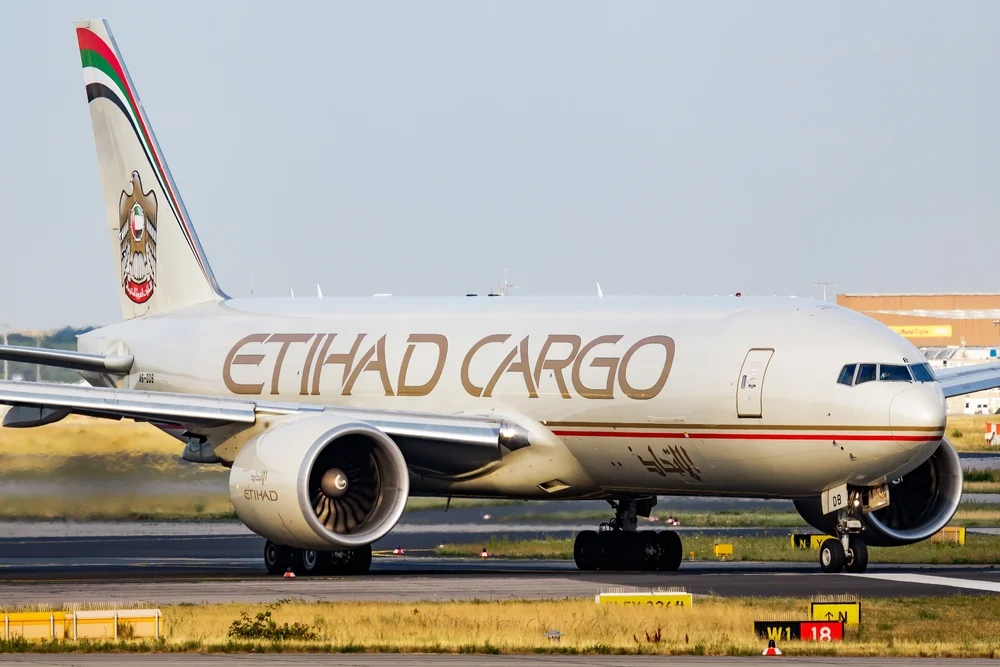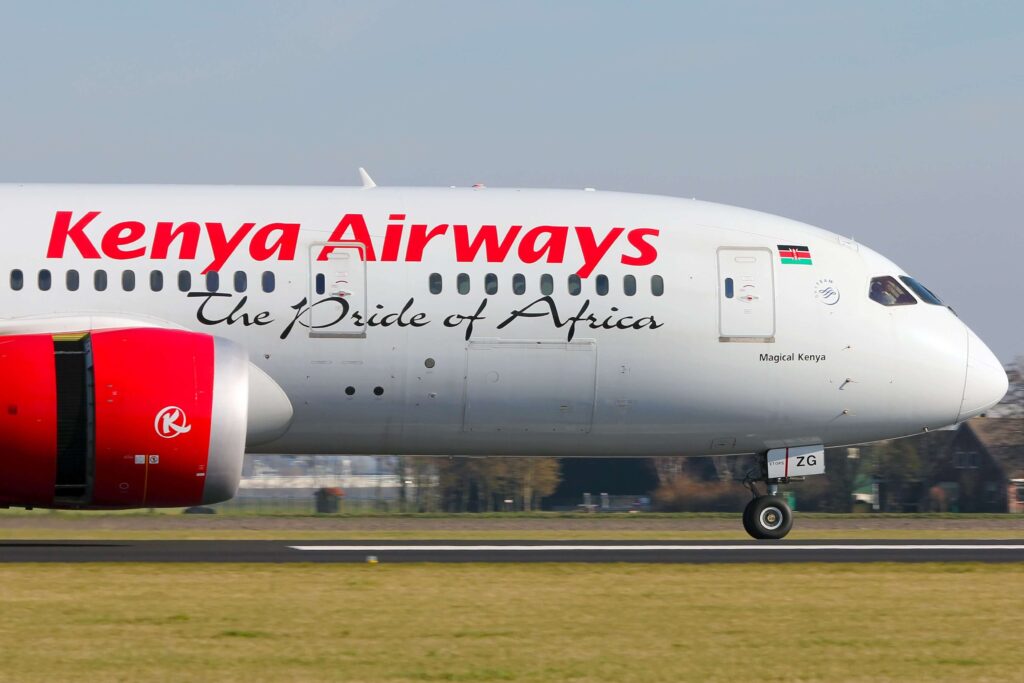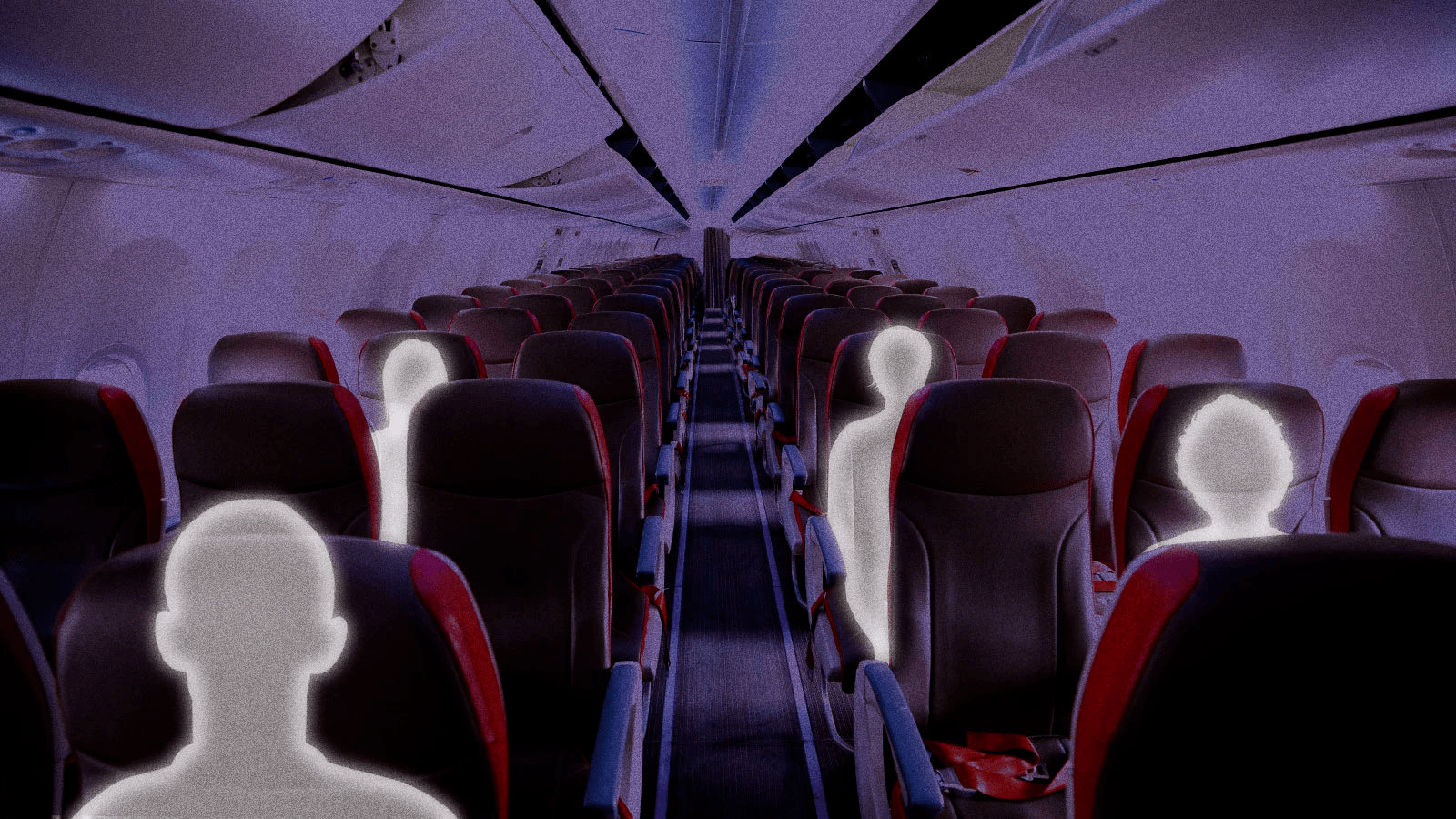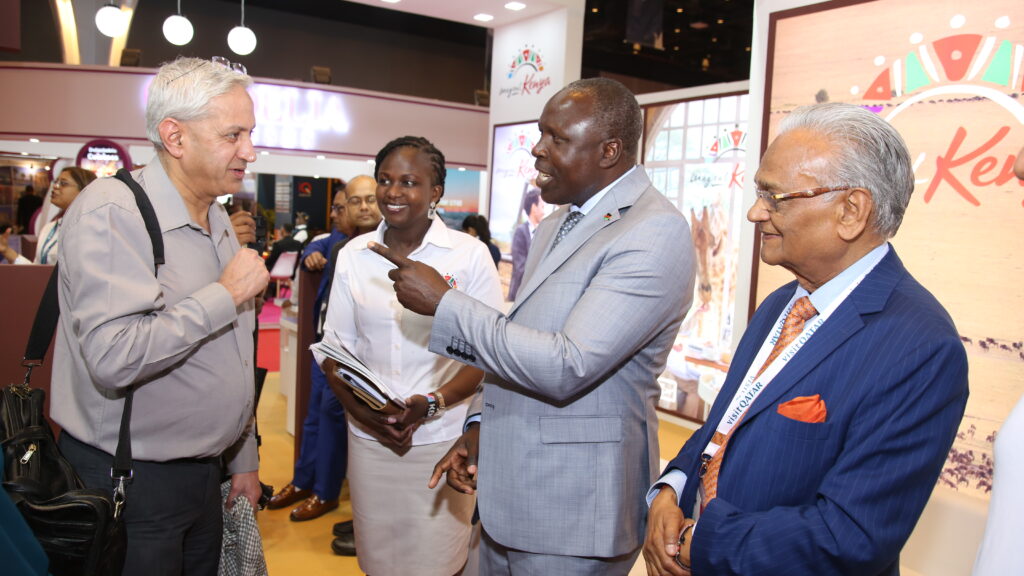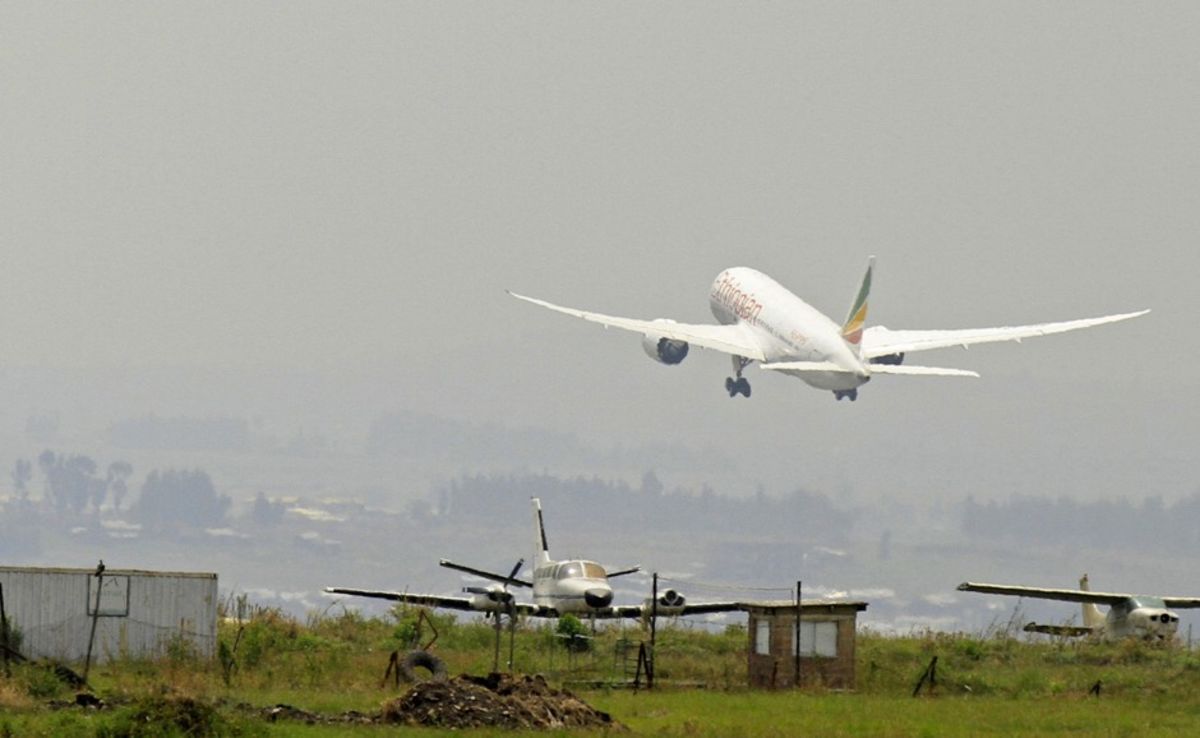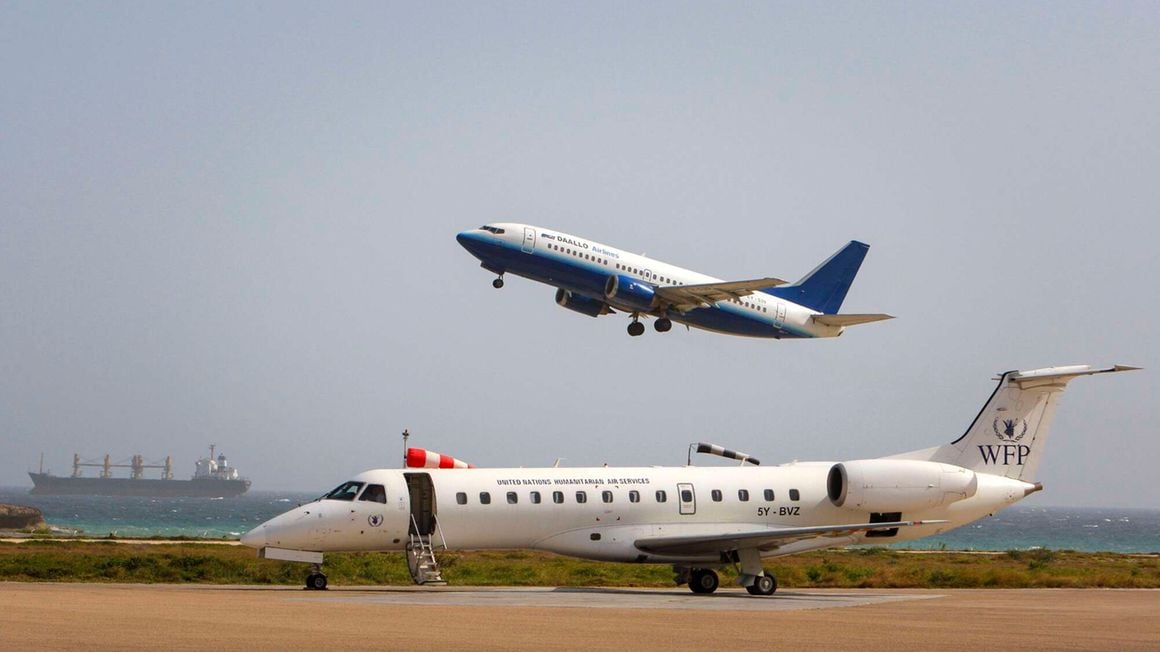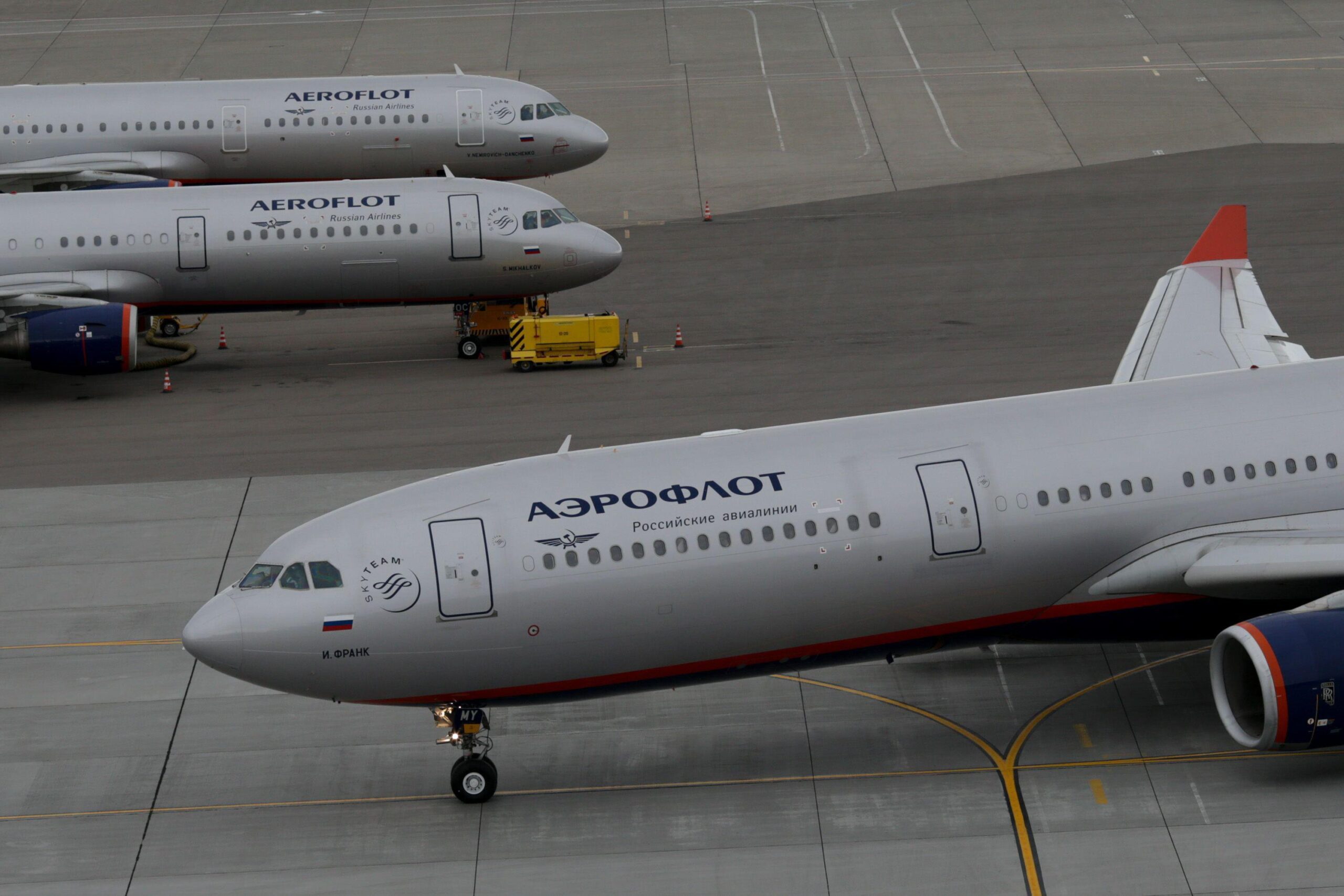The Kenya Tourism Board (KTB) has shifted focus to marketing hidden treasures of the country, as it eyes to improve earnings.
The State Corporation is working with other stakeholders, including Kenya Wildlife Services (KWS) and the county governments, in unlocking domestic tourism potential in the country’s cultural heritage, places of natural beauty, eco-tourism and places of historical importance.
According to KTB Marketing Executive, Ms. Margaret Kamau, there are 1,052 (United Nations Educational, Scientific and Cultural Organization) Unesco World Heritage Sites located in 165 Party States, out of which Kenya hosts six sites: Fort Jesus, Lamu Old Town, Sacred Mijikenda Kaya Forests, Great Rift Valley, Lake Turkana National Park and Mount Kenya National Park/Forest.
She said although, coastal beach holidays and wildlife safaris still remained attractive, the Board was also aggressively marketing alternative core tourism products that the country could offer from its diverse niches, including culture, cuisine, entertainment, sports, nature (beach and safari) and Meetings, Incentives, Exhibitions, and Conferences (Mice) tourism.
The KTB Marketing Executive said the country is blessed with many destinations that most Kenyans can visit, including little known physical features such as waterfalls, craters, gorges and lakes, prehistoric sites, national museums and wild animals, among others.
To harness domestic tourism potential, she added, more efforts are required to locally create more awareness about tourists’ attractions such as Thim Lich Ohinga stone fortress in Nyanza, the grave of explorer David Hannington in Mumias, the Kipteber meteorite historical mountain where the seven sub-tribes of the Kalenjin are said to have originated and Italian war memorial church, that housed over 600 prisoners of war in Mount Kenya region among others.
Ms. Kamau stated that most local and foreign tourists only know of the generic attractions such as the Maasai Mara and Mombasa. This she noted has not only put a strain on the facilities and capacity but has also left the tourism industry largely dependent on a few attractions.
“We have also been looking to grow domestic tourism using the “You deserve a holiday” campaign to get the residents excited about the various destinations that their country has to offer. There are many Kenyans who are interested in travel but lack sufficient information,” she continued.
The state body which aims to drive and support the effective marketing of Kenya’s tourism products, also runs the Magical Kenya website. It is on this website that in addition to showcasing Kenyan tourist destinations, also lists discounted packages for local residents.
She was speaking during the “You deserve a holiday” campaign sponsored by Magical Kenya in Nakuru that brought together officials from Baringo and Nakuru County Governments, domestic airlines, tour operators and hoteliers.
The Marketing Executive indicated that the “You deserve a holiday” campaign also covered all destinations in Kenya that offered rock climbing, bird watching, golf tourism, adventure sports, leisure tourism and wildlife tourism.
“We are committed to expanding areas that have previously not been showcased as well as those that require to be transformed into top travel experiences,” she said.
Ms. Kamau pointed out that conclusion of the exercise will give the board an edge in marketing the areas and help the country generate extra income.
As a way of creating awareness, the board has visited some of the historical, cultural and geographical sites in the parts of the country in a bid to identify their niche segments and offer advice on provision of affordable packages and experiences that meet the needs of potential local travelers.
“Despite Kenya’s reputation as a hub of rich tourism, the focus has been largely on wildlife tourism; ignoring the several forms of tourism that the country has to offer. We are working with industry players such as hoteliers, tour companies and guides in drawing attraction to the hidden gems that Kenya has in store,” she added.
Ms. Kamau observed that apart from bullfighting, Kakamega Forest and Mt Elgon, are among major tourist attractions in Western Kenya.
Nyanza region for instance the KTB marketing executive added, had rich cultural and archaeological diversity and is home to the famous Kit Mikayi (ancient rocks heaped on another, which does not disintegrate even when there is earthquake or inclement weather.
It is also home to legends Lwanda Magere, Okore Ogonda, and Gor Mahia, among others, famed for courage in protecting their communities against external aggression.
“You deserve a holiday” initiative was also encouraging the private sector and local communities to develop “out of park” tourism activities such as mountain biking. The promotion is further encouraging visits to cultural and spiritual sites, cultural performances and community walks.
Ms. Kamau challenged Kenyans to drop the notion that tourism is only a preserve for the wealthy or those with disposable income and firms in the tourism sector to also come up with reasonable packages affordable by most Kenyans.
“We have for a long time relied on too much on foreigners to build our tourism, it is now our time as locals to spur the growth of our domestic tourism to the next level by playing a major part in that growth,”
She said the “You deserve a holiday” initiative has led to the growth of domestic tourism in the country by breaking the reliance on seasonal tourism cycles that largely depends on foreigners.
“Domestic tourism is as important as international tourism and we want Kenyans to embrace and promote it. We have products that are tailored to the local tourists. There is enough to be seen in Kenya from Turkana to Naivasha. In Australia, for example, depends majorly on domestic tourists as facilities have been packaged to cater for every group right from the bottom of the pyramid,” noted the marketing executive.
Mr. William Kimosop, a trade and tourism officer in Baringo County Government, stated that colossal investments as well as political goodwill are needed to prepare the country for domestic tourism as the state continues marketing it.
“We are sitting on a goldmine as far as domestic tourism is concerned and the opportunities will become a reality if county governments and their leaderships take up the issue of infrastructure and marketing seriously,” he said.
Mr. Kimosop urged a shift from the “traditional” tourism that only promotes the coast at the expense of other equally rich areas around the country.
“We have depended so much on the coast but the feeling at the moment is for the government to turn attention to other markets, and tap into the cultures of other ethnic groups to boost tourism earnings,” argued Mr. Kimosop.
For long, Mr. Kimosop said, tourism in Kenya has been left in the hands of foreigners who understand little of the local culture and consequently do little to promote it beyond getting back returns from their investments.
Customer Relations Officer at Bonfire Adventures Tour Operators Mr. Joseph Mutua indicated that Kenya is a favourable destination for adventure, sports, game viewing as well as romantic expeditions.
“For years, the tourism board has focused on the beaches and safari but we have the second tallest mountain in Africa after Kilimanjaro which is more scenic,” he said.
“Agri-tourism is also a big opportunity especially in the tea and coffee sectors, being among the top exchange earners in the country,” he added.
Mr. Mutua said that it is important to realize that for domestic tourism to succeed, a greater part depends on the goodwill of the locals more than the other industries.
“The locals must be happy with the visitors and the security of the knowledge that the presence of the visitors around will not affect their operations either socially, economically or even politically and that they will not impose values that are not welcomed in their society. This can easily be achieved when the locals are engaged by involving them in dialogues relating to the influence of tourism in that particular area,” noted Mr. Mutua.
Source: KNA


